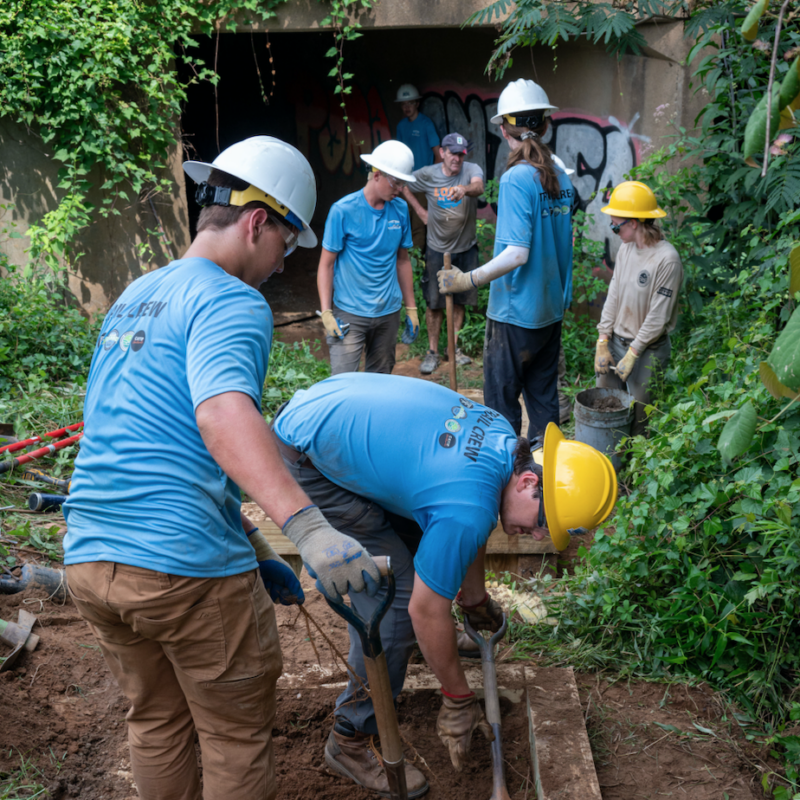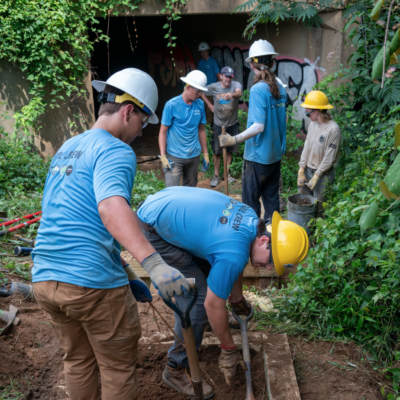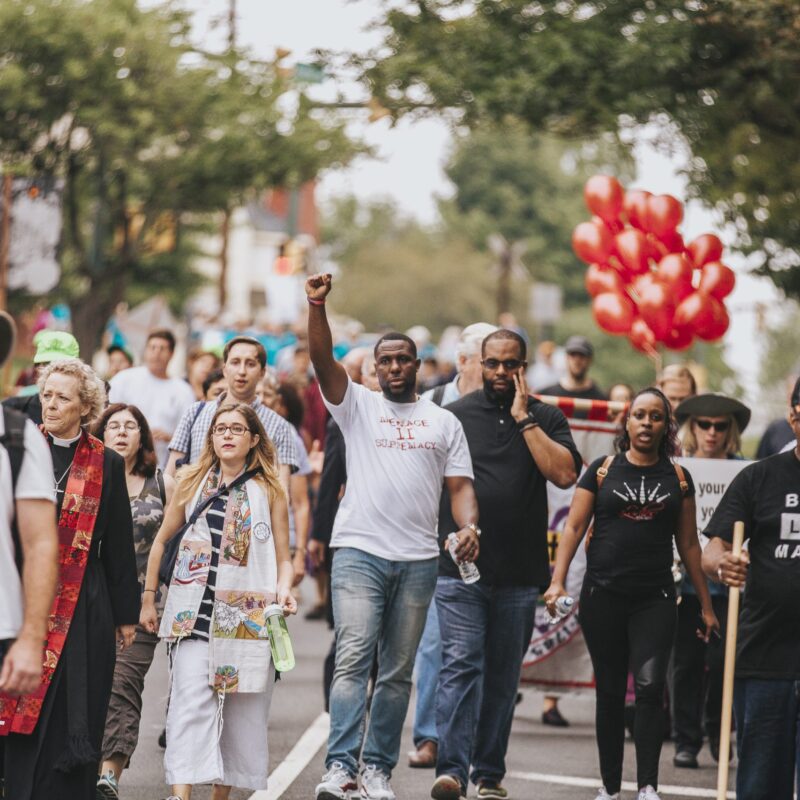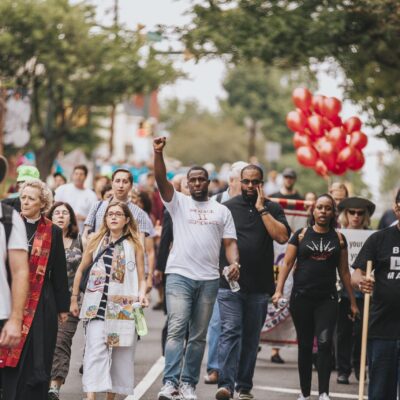Just about everything has changed in the last month—and as our habits have shifted, so has our relationship with the local environment.
“People aren’t flying, people aren’t driving,” says Jamie Brunkow, the senior advocacy manager of the James River Association. Those transportation changes have effects for our air and our water. “Typically we think of that as less smog and less air pollution. But a lot of the nitrogen that ends up going into our rivers, going into the [Chesapeake] Bay, comes from the air.”
StreetLight Data, a firm specializing in transportation data, has been tracking the change in vehicle miles traveled all over the country since the COVID crisis began.
From the week of April 19 to April 25, Albemarle County drivers covered around 75 percent fewer miles than during an average week before the crisis. Charlottesville drivers were even more conservative, covering 82 percent fewer miles than in a baseline week. That drop-off is less pronounced but still visible in more rural counties—in Buckingham, for example, drivers only drove 40 percent fewer miles.
Charlottesville’s airport saw 84 flights canceled due to coronavirus in just the second half of March. Air travel has become a central concern for environmental activists—one widely repeated statistic says for every person who takes a round trip flight from New York to London, 30 square feet of ice is lost from the arctic. And short flights, like the Charlottesville airport’s regular connections to nearby hubs in Philadelphia and Charlotte, produce more harmful emissions per mile than longer flights.
Additionally, decreased traffic means the world is quieter and darker, which is good for animals like birds and frogs. “A lot of disruption in species reproduction has been attributed to the disruption of their light receptors or ability to hear calls for mating,” says Chris Miller, the president of the Piedmont Environmental Council. “There’s a lot of evidence that truck noise, car noise, and light pollution interfere with those natural cycles.”
Meanwhile, with social distancing in effect, outdoor spaces that remain accessible are seeing increased visitors. This March, the trail near the John Warner Parkway saw 607 bikers and pedestrians per day, according to the City’s trail counter. That’s roughly four times more than the 130 people who used the trail per day in March of 2019.
Lisa Wittenborn, program director of the Rivanna Conservation Alliance, says that the increased foot traffic is a double-edged sword for the Rivanna. “We’re really excited that people are out and using the resource,” Wittenborn says. “We hope people are being careful not to impact the river. That people are picking up after their dogs, and picking up their trash and not disrupting the banks, and that sort of thing.”
The crisis is having other messy effects. “They’re seeing evidence of the toilet paper shortage in the wastewater treatment plant,” Wittenborn says, “because of the things people are flushing. Those wipes say they’re flushable but they’re not. They can cause clogs and backups and sewage leaks. You don’t think about the little impacts.”
Overall, though, this period is a sort of experiment in a possible, more sustainable future: Zoom meetings aren’t fun, but they do decrease emissions. “There’s something about a hard stop like this that really forces you to reevaluate the frame and how to move forward,” Brunkow says. “It’s going to be really interesting to look back at these unintended consequences to see where things change.”
Maybe those changes will manifest as subtle attitude shifts. “I do think that this whole experience has brought to the forefront the importance of having these wild or semi-wild open spaces that we can all enjoy together,” Wittenborn says. “It’s gotten a lot of people to stop and really pay attention to what’s going on outside their windows. Seeing flowers bloom they’ve never noticed before, watching birds, whatever it is. I think people are much more in tune with the natural world right now. Because we’ve slowed down, and we have a chance to just observe.”





